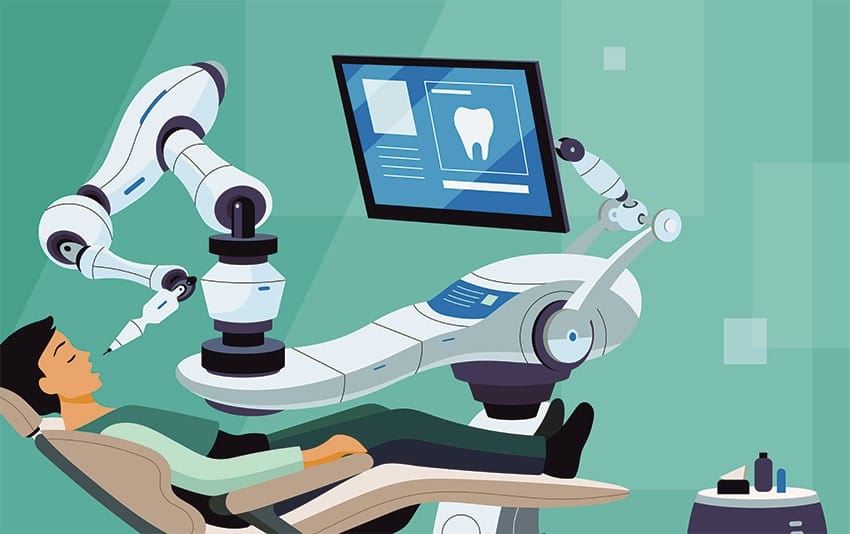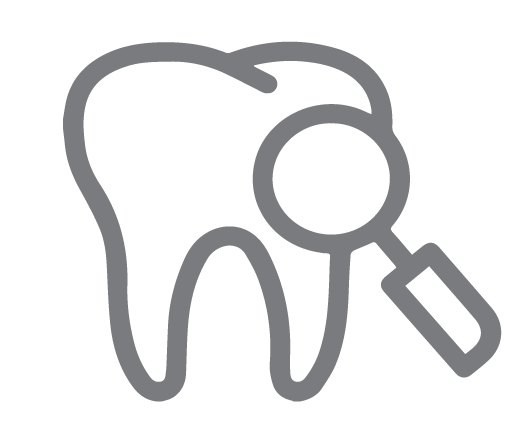The field of dentistry is rapidly evolving, and robots are expected to have a significant impact on this field in the future. Robots are already being used in various aspects of dentistry, such as the design and manufacture of dental prostheses and the planning and delivery of dental treatments, and they are expected to play an even bigger role in the field in the coming years.
One of the ways in which robots are expected to impact the field of dentistry is by improving the accuracy and precision of dental procedures. Robots are able to perform tasks with a level of precision and accuracy that is difficult for humans to match. This is particularly useful in procedures such as the placement of dental implants, where precision is crucial for ensuring proper healing and long-term success. In addition, robots can be programmed to perform tasks with a high degree of repeatability, reducing the chances of human error, which leads to better outcomes and less complications.

Another way in which robots are expected to impact the field of dentistry is by making dental procedures less invasive and more comfortable for patients. Robotics technology can be used to improve the design and manufacture of dental prostheses, and in the future, it could be used to create customized prostheses for patients. This could make the procedure more comfortable for patients, and it could also lead to better outcomes in terms of both function and aesthetics.
Robots can also help in the field of education by allowing for virtual simulations and training of dental procedures. It will allow dental students and residents to practice complex procedures and surgical cases in a safe and controlled environment, improving their skills and confidence before performing procedures on patients. This can improve patient outcomes by ensuring that dental professionals are well-trained and able to perform procedures with the highest level of skill and expertise.
Finally, robots can be used to help increase access to dental care, particularly in rural and underserved areas. Remote-controlled robots can be used to provide dental services to patients in remote areas, where there may be a shortage of dental professionals. This could help to improve access to dental care for millions of people around the world.
In conclusion, robots are expected to have a significant impact on the field of dentistry in the future. Through their precision and accuracy, ability to make procedures less invasive and more comfortable, and capacity to help in education and increasing access to care, robots have the potential to improve patient outcomes and to bring new levels of excellence and proficiency to the field of dentistry.
